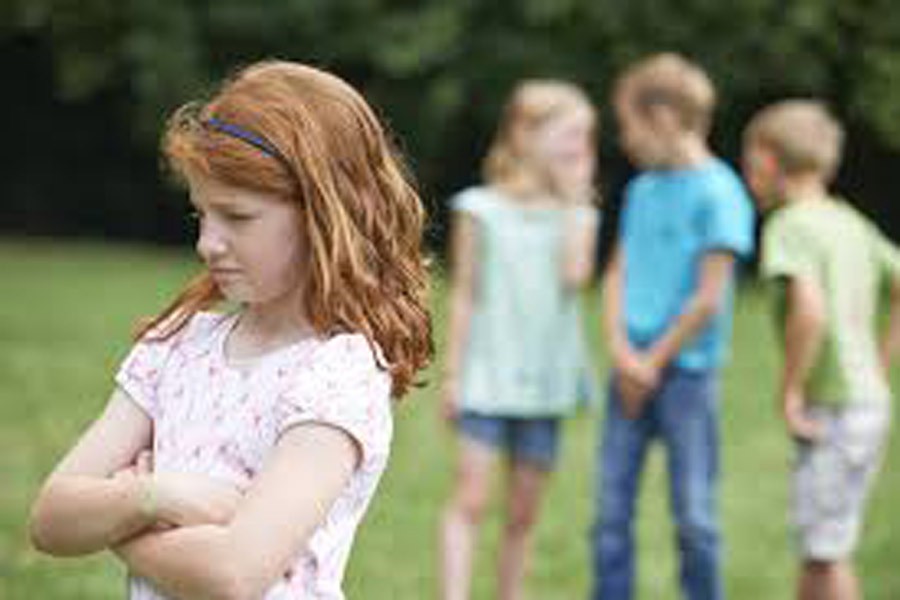A pathway in the brain seems to link exposure to adverse experiences during early childhood to depression and problems with physical health in teens and preteens, researchers at Washington University School of Medicine in St. Louis have found.
The study involved 119 children aged three to six when the project began. The researchers tracked adverse experiences in the kids' lives, including experiences with natural disasters, a parent's arrest or death or a parent with a psychiatric illness, growing up in poverty, and physical or sexual abuse, reports Xinhuanet.
The researchers found that a key brain structure involved in regulating emotions and decision-making is smaller in kids who have lived through three or more adverse experiences before the age of eight, compared with kids whose lives were more stable.
Young children who faced multiple adverse experiences also were 15 per cent more likely to develop severe depression by their preteen and early teen years and 25 per cent more likely to have physical health problems, such as asthma and gastrointestinal disorders.
"We did not expect we would see health problems in children so young," said Joan Luby, professor of psychiatry at Washington University in St. Louis. "Our findings demonstrate how powerful the psychosocial environment can be. A child's brain doesn't develop based solely on its genetic infrastructure.
It's influenced by the stresses of poverty, violence, the loss of a parent, and other adverse experiences, which together can have serious health consequences evident as early as the teen and preteen years."
The researchers also performed multiple MRI brain scans of these children when they were aged six to 13, and found that when kids had three or more adverse experiences, they also had smaller brain volumes that were associated with lower scores on a scale that measures how well a child expresses emotions. Poor emotional expression has been associated with depression and worse social and emotional outcomes.
The new research indicates that when kids accumulate multiple stressors, the experiences pile up and cause problems early in their lives.
"We know toxins in the environment can contribute to disease, but this study suggests that kids can experience physical and mental health problems from exposure to psychosocial 'toxins,' too," Luby said.
Previous research has connected adverse childhood experiences to problems such as cancer, heart disease and mental illness in older people, but no one had looked at whether those stressful experiences are linked to health problems in adolescents.
Researchers at Washington University in St. Louis plan to continue tracking the health of these children as they grow into adulthood. Meanwhile, they also are beginning to follow pregnant women and their
infants to see whether psychosocial stressors and adversity experienced during pregnancy and the first three years of a child's life also affect brain development and overall health.
The study has been published in the journal JAMA Pediatrics.


